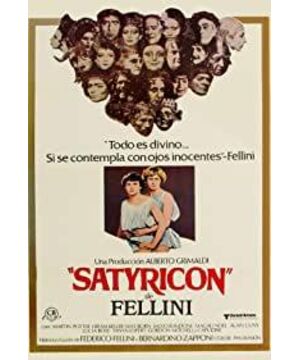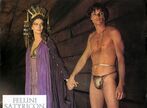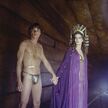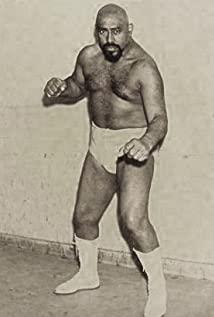Enke and Asiro symbolize the two value orientations in the ancient Roman era. One kind of Asiro, who only knew how to have fun, was complacent in the first half of the film and robbed Enke's prostitute. , on the way, I met another prostitute who was driven crazy by desire. But in the end, a humble boatman was killed because of a bag of silver coins. He represents an Epirus-style pursuit of mundane joy. As for Enke, he had bad luck in the first half of the stage. He was robbed of a gay lover, he was kicked out after attending a banquet, and he encountered a powerful traveler. The captain was a man), after escaping the coup, was caught performing as a gladiator for foreign ambassadors. Finally, after all the hard work, I came to the city where my teacher's land was, and when I was ready to enjoy it, I found that my most important organ was not working well. But in the end, he was the one who became enlightened after the death of his teacher, and sold the property to Africa.
At the end, I found that this is actually a kind of notebook-style novels that often existed in the Ming and Qing Dynasties of China. The dead Asiro represented the old civilization that was beautiful but decayed and perished in debauchery, and Enke was reborn after some setbacks. This could also explain why his teacher asked his friends to eat his body when he died, as it symbolized a kind of nirvana.
View more about Fellini Satyricon reviews











